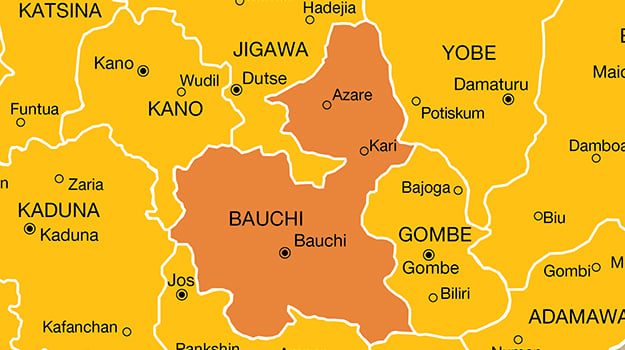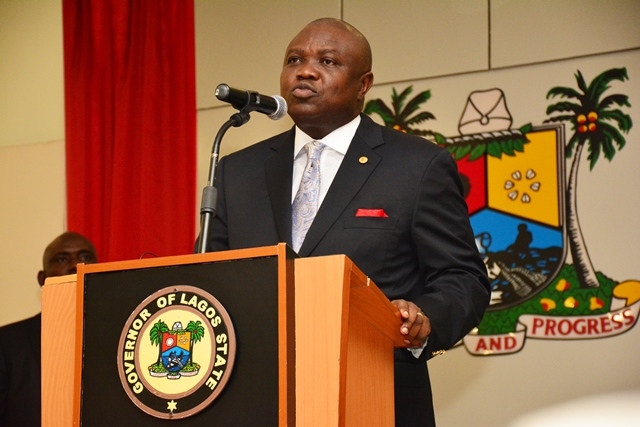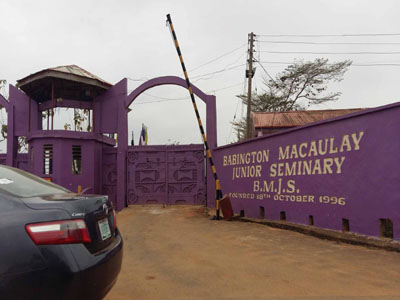The scarcity of beef has hit Maiduguri, Borno state capital, following the continued closure of Kasuwan Shanu Cattle Market and Abattoir by the Nigerian army.
In February, Sani Usman, acting director of information of the Nigerian army, announced the closure of some markets in Borno and Yobe states over suspicion that they were used as channels for the supply of food and other essential items to Boko Haram insurgents.
According to NAN, the closure has rendered butchers jobless and created scarcity of the beef.
The situation also forced some families to look for alternatives such as fish and even grasshoppers as sources of protein.
Advertisement
Hajia Gonari, a food vendor, said the situation had affected her business negatively.
“We have to switch over to using fish in our meals due to the absence of beef in the market,” she said.
“Since both fresh and dry fish cost more than the ordinary beef, most customers prefer to take their meal without anything.
Advertisement
“This is actually affecting our sales as we record low patronage daily,” she said.
Corroborating the views of Gonari, Maman Baby, another food seller, appealed to the Nigerian army to consider the hardship being faced by residents and re-open the market and the abattoir.
Asheikh Ahmed, a resident, who expressed shock at the development, said it was sad that the entire people had to pay for the crime of a few individuals in the society.
“I think that the army should fish out individuals selling cows to suspected Boko Haram and prosecute them rather than place a blanket ban on the cattle market,” Ahmed said.
Advertisement
He appealed to Abubakar Garbai, the Shehu of Borno, to intervene and ensure that the market and the abattoir were re-opened.
Meanwhile, the Borno chapter of National Association of Butchers (NASB) has appealed to the army authorities to re-open the market, being the source of employment to no fewer than one million youths in the state.
Abubakar Gula, chairman of the association, noted that the closure of the cattle market and abattoir had caused a lot of socio-economic hardships to the members.
Advertisement






